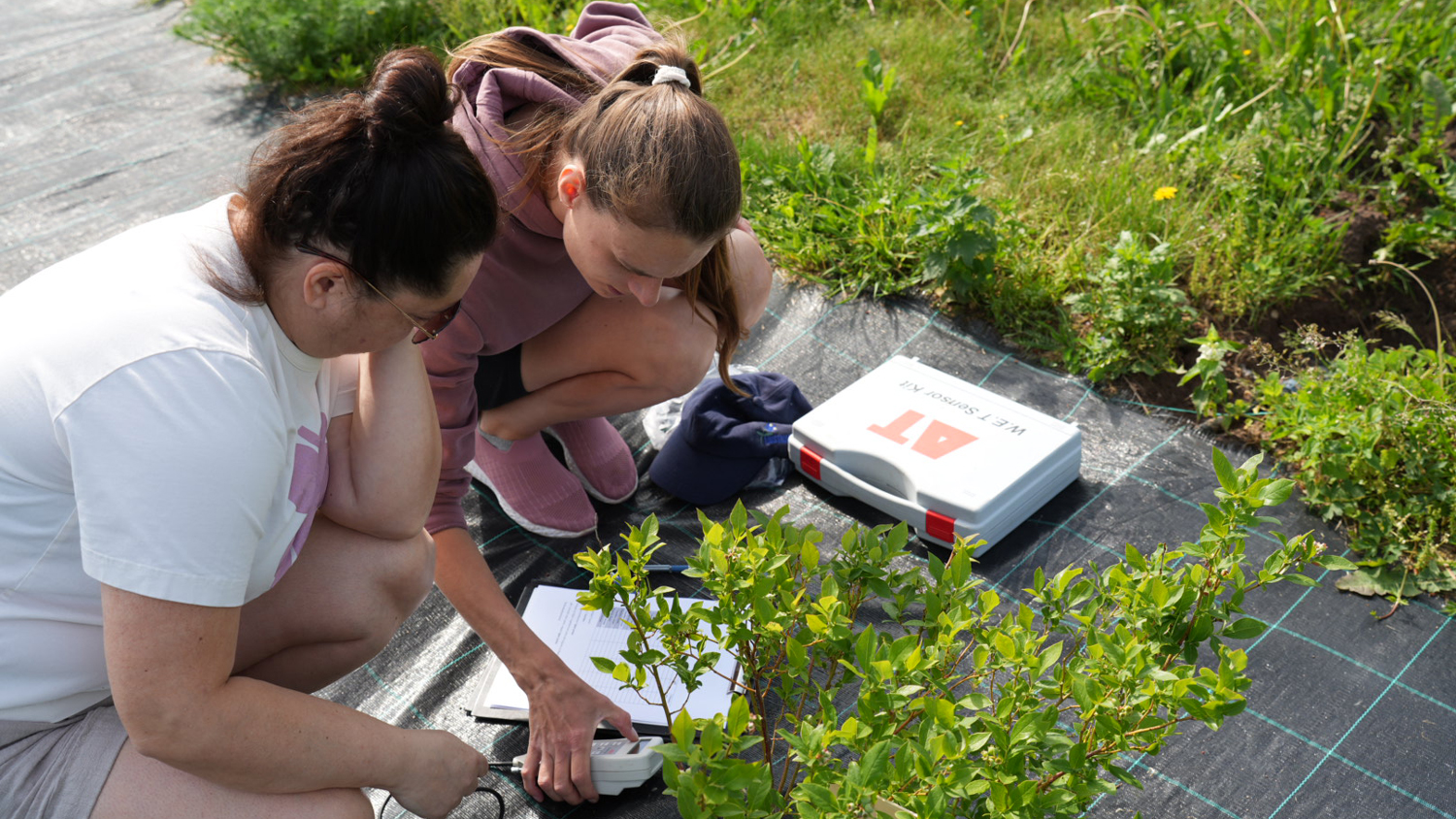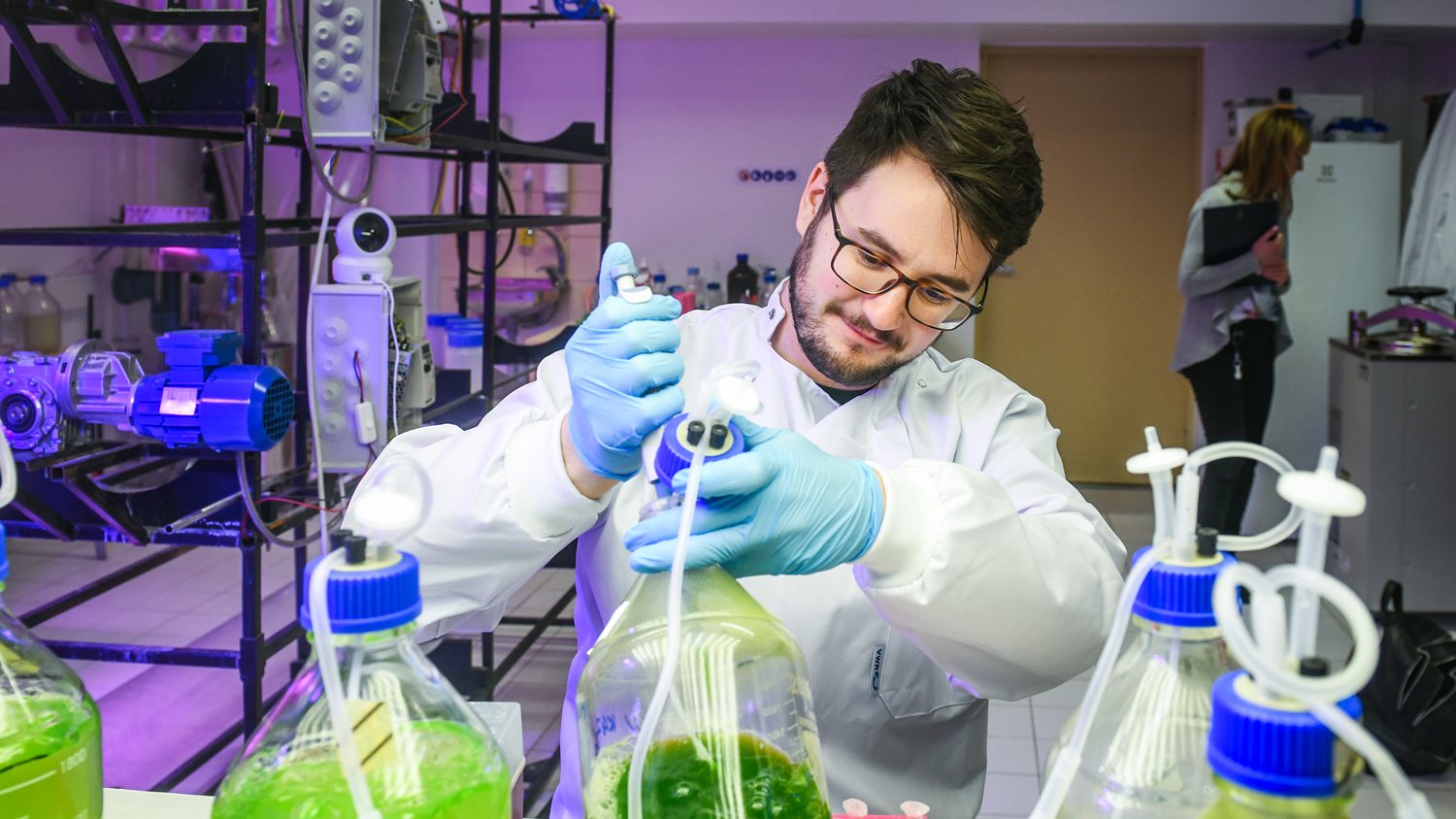Political decisions, technological advancements, economic conditions, and changing consumer preferences are driving a growing demand for environmentally friendly jobs and green skills.
I
Environmental issues are becoming increasingly important to individuals, businesses, and society as a whole. More and more people are recognizing the negative impacts of environmental and climate change and the need to reduce their ecological footprint. Climate change directly affects economic development, and reducing carbon emissions and adhering to environmental protection principles have become key measures of business success.
The green transition, seen as a growth engine for the economy, is manifesting in new business models. Companies that emphasise environmental and social values are leading the way. This applies not only to new businesses but also requires traditional and long-established manufacturing companies and service providers to review their business models and technologies to adapt to environmental requirements. As environmental awareness expands, there is a growing need for environmentally friendly jobs in sectors not traditionally at the heart of the green economy, such as commerce, construction, real estate, and transportation.
The key factor, however, is competence – the knowledge and skills that help companies choose a more environmentally friendly path and implement changes. How should companies find specialists with the knowledge and skills to achieve the European Green Deal and shape the future of the circular bioeconomy?
II
The circular bioeconomy is at the heart of the green transition, offering extensive opportunities for sustainable production of food, materials, and energy from renewable biological resources. The principle of the circular bioeconomy is to maximize the value of resources throughout the entire value chain. Consequently, more sustainable ways are being sought to effectively use high-quality bioresources grown in fields, forests, and water bodies, as well as the by-products generated during their processing, without harming the environment. Through the circular bioeconomy, we can reduce the consumption of natural resources and create sustainable products. It also significantly reduces the amount of waste in the environment.
Let’s look at some examples. In the wood industry, the primary use of wood waste was burning. However, researchers at the Estonian University of Life Sciences, together with companies like Fibenol, Estonian Cell, and MetGen OY, have developed solutions to produce raw materials for the food, feed, pharmaceutical, and chemical industries from substances generated during wood decomposition, providing a significant alternative to oil-based products.
While the potential for wood valorisation has been discussed before, have you considered that bioresources also include reed pulp or dirty sheep wool left over from production? Rapeseed cake from rapeseed oil production, fruit or berry press residues from juice production, fly manure from industrial fly farming, and bycatch that cannot be returned to water bodies in the fishing industry are all examples of materials being utilized in the circular bioeconomy.

III
Starting this year, the circular bioeconomy can be studied in a bachelor’s program taught in Estonian at the Estonian University of Life Sciences. The curriculum provides knowledge about the role of the circular bioeconomy in ensuring sustainable development and achieving climate neutrality. Students gain insights into growing high-quality bioresources in fields, forests, water, and artificial environments. The technological aspect is equally important, with students learning to valorise bioresources and their by-products using environmentally friendly technologies. Additionally, the curriculum covers marketing opportunities for sustainable products. The study program places a significant emphasis on practical training conducted in companies and institutions that adhere to circular bioeconomy principles.
The curriculum offers elective modules providing in-depth knowledge in five fields. The blue bioeconomy module focuses on the cultivation and valorisation of aquatic organisms. The forestry module covers forest management and wood processing. The agriculture and food module focuses on animal nutrition and technologies for valorising of by-products of plant and animal origin food production. The technology, robotics, and technotronics module covers materials, industrial robots, and automation. The accounting and management module provides knowledge on the accounting and valuation of biological assets and management principles.
Graduates of the circular bioeconomy program can contribute to environmental policy development, environmental impact assessment, resource management, and the development of waste management and recycling strategies.
Admission to the bachelor’s program in circular bioeconomy at the Estonian University of Life Sciences is open from June 3 to July 4, 2024. Watch the video introduction to the circular bioeconomy curriculum:
In fact, courses related to the circular bioeconomy are taught in all curricula at the Estonian University of Life Sciences. The university also engages extensively in entrepreneurship cooperation related to the circular bioeconomy. There is already a significant need for specialists in companies to implement innovative circular bioeconomy solutions to meet the demand for sustainable products and services. Government agencies and consulting firms also require circular bioeconomy specialists as advisors or project managers to develop and implement circular bioeconomy strategies and solutions.

